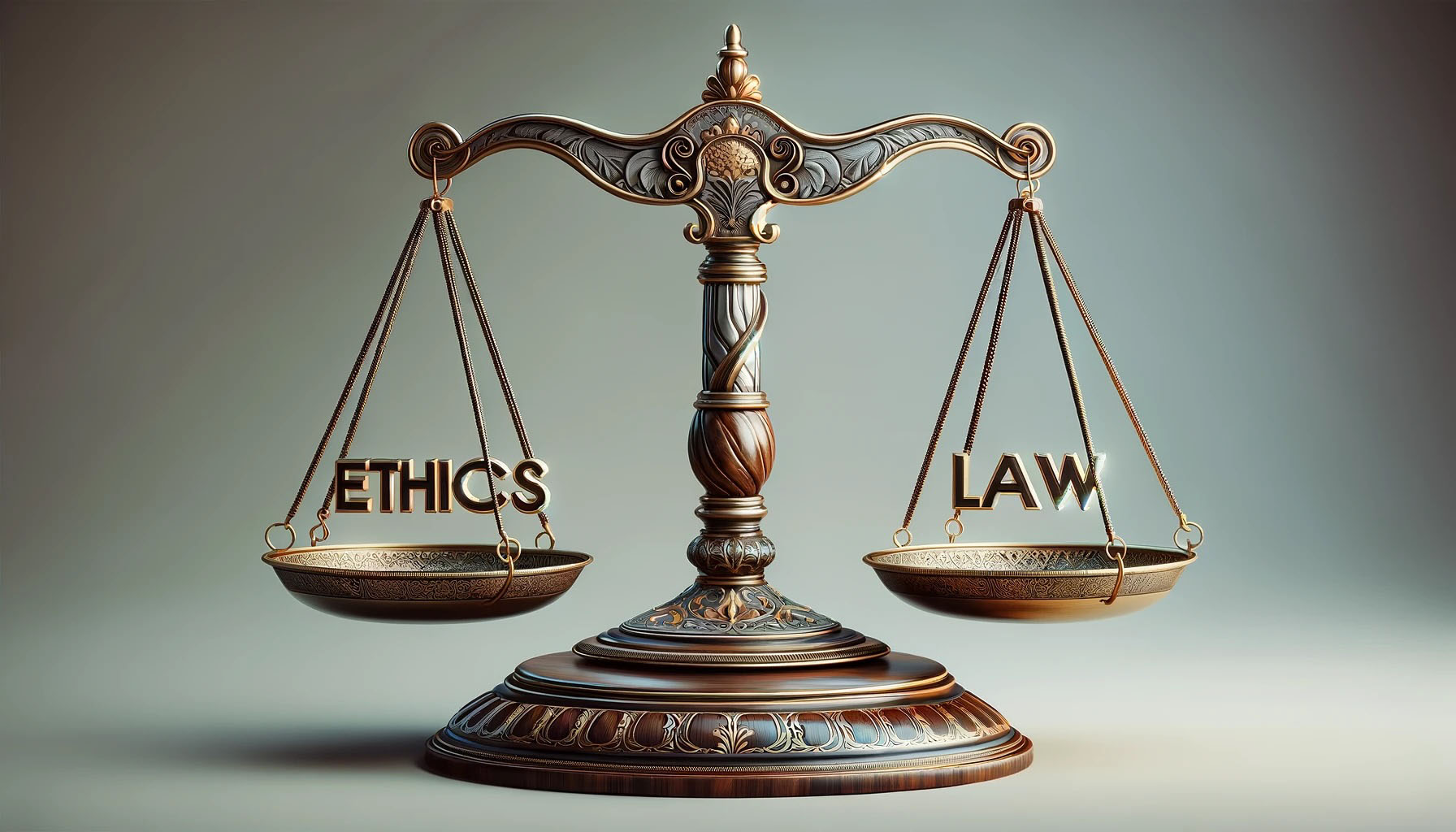Conflict of Interest

Previously I talked about the importance of professional ethics in cultural mediation. One of the most common violations ethics is taking advantage of one’s professional status in the cultural field to secretly obtain personal benefits, especially monetary benefits. In my writing I used a local case in which a critic/curator promoted an artist through writing and curating to promote an artist, then later on, he sold his personal collection of the artist’s works for cash.
If a curator secretly makes profits without reporting it for taxation, it’s obviously a criminal offense. What happens if a curator curates to build social networks that, in the long run, help build business links? One may say that is an insincerity of practice, for it aims at personal gain, taking advantage of benefits of the position he/she has within the institution he/she serves. However, this situation is too ambiguous and does not violate the law. Ethics are affected by culture and collective beliefs, although there are ethics that are universal, such as one must not murder. A lot of the standards of right and wrong are to be shared and agreed upon by the community. Different communities or social groups also have their own ethics. Swearing is acceptable within certain social groups but definitely not in the education field. I remember I was once interviewed and later the reporter wrote an article called < The professor who swears >. I must admit that I enjoyed such light-hearted unruly behavior and the arts community in general accepts that, and it definitely does not violate the law.
There are behaviors that are not illegal but are against professional ethics. One of the most common cases is the lack of sensibility toward possible conflicts of interest. In the cultural field, your public image is critical. One must not engage in any negative practice, even activities that might make the public think of a possible violation of professional ethics. Even when such misbehavior doesn’t really happen, generating such assumptions is already highly negative. The public’s impression of you and your institution strongly affects their perception and trust of you and your institution. Since your institution needs the public’s support for its survival, any negative assumption can be damaging.
For example, a curator inevitably needs to get in touch with art dealers, to seek information and to borrow work. But if you get too close and friendly with them, others might think you are helping or even benefitting from that relationship. Some of these dealers could be your good friends, but unfortunately, you still need to keep a distance. There are situations where the artist might give you one of his/her works to express appreciation after you have invited him/her to your exhibition. It would be impolite to say no to this gift of appreciation. In cases like that, you need to put everything in the open: report the giving to your boss and get approval. If you follow the proper procedure and put everything in the open, you are going to avoid a lot of unnecessary troubles.
Of course, criticism and negative responses to these non-legally binding cases only exist at places that take professional ethics seriously. Unfortunately, Hong Kong is still far from reaching that state. Maybe our new generation of cultural administrators could take lead in making professional ethics a serious matter here in Hong Kong.
Oscar
Oscar Ho is Adjunct Associate Professor of Cultural Studies, CUHK. He was formerly the Director of the MA in Cultural Management Programme (2006 – 2020). Visit https://www2.crs.cuhk.edu.hk/faculty-staff/adjunct-professors/ho-hing-kay-oscar
*Image is generated by AI
